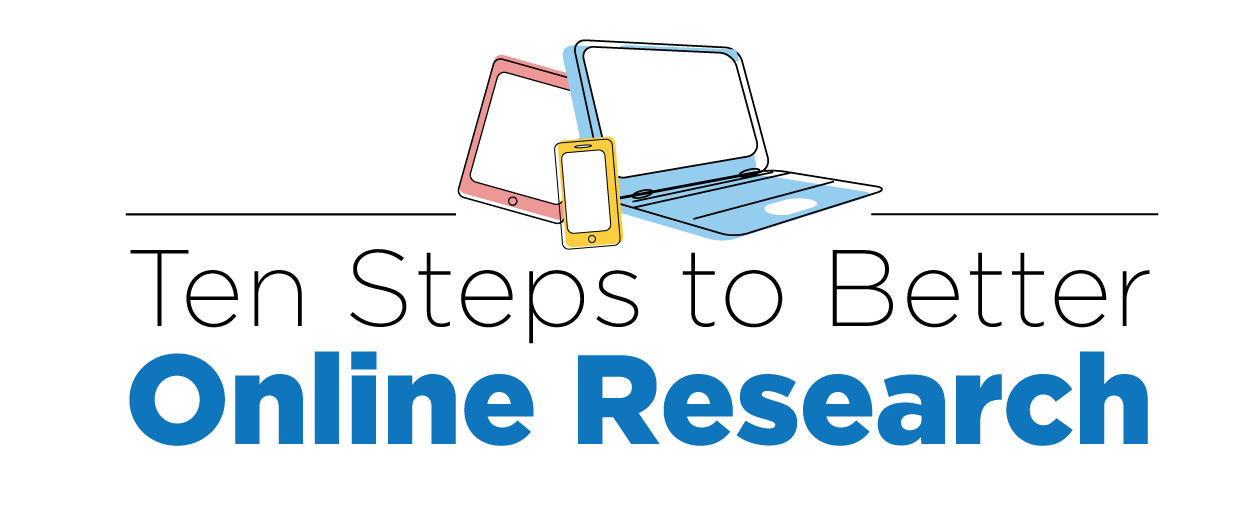This post is an exceprt from the Choose2Matter Course, a self-paced, online course.
It helps educators change the way they view their students, and themselves, and their respective places in the world, and helps students become the self-aware, empowered, empathetic, collaborative, innovative and passionate citizens this world needs
“Knowing how to find the best person to ask an important question is a crucial life skill that all students need to learn.” Karen Blumberg, K-12 Technology Coordinator at The Brearley School
I recently video-conferenced with a high school class. The acoustics made it difficult for students to ask questions, and I wondered how to fix this. I glanced at my iPhone and saw that students were Tweeting me a long skein of brilliant questions, which I then answered, one-by-one. Students understand the power of connecting to others, and they are comfortable doing it digitally.
Students dominate popular Q&A sites such as Yahoo! Answers, Answers.com and Quizlet. Of course, these sites are not authoritative, rarely provide links to references, and must not be cited in a research paper. Fortunately, students can explore dozens of free avenues online to connect with experts in almost any field of study or area of interest. All they need is for adults to open the door and point them in the right direction.
What Could Go Wrong?
- The role of adults is to teach students to navigate online safely, and these sites provide excellent learning opportunities not found anywhere else.
- All of these resources are moderated to some degree, so when using them, students should be mindful, not afraid.
- Just as when a teens venture into the big city for the first time without adult supervision, they need to be aware of their surroundings and take precautions.
- Always have an open line of communication with your students concerning their online research.
Ask a Librarian
Many local, county, state and college libraries offer a virtual “Ask a Librarian” that users can ask for reference help. By way of example, CBS News calls the New York Public Library’s service “the Human Google.” Here is a list of local Ask a Librarian services from around the world.
Quora is a Question and Answer site. Unlike other Q&A sites, most users register with their real name and provide their credentials, and most answers are useful. We created this Choose2Matter page on Quora. When a user asks a question about changing the world, we’ll find experts to answer it.
“Most people overestimate the value of access to information and underestimate the value of access to each other.” Professor Clay Shirky
Nepris enables classrooms to connect with industry experts, predominantly in the STEM fields. Experts can speak to the entire class, or to groups or individual students to provide feedback on their work Videos of archived presentations are also available. Students can also present their work to a panel of industry experts, virtually. Nepris offers a free version and two levels of premium service.
Twitter can be an excellent resource to find that handful of people who can provide insight. Students need to learn to use “hashtags” to target their tweets to people likely to have knowledge about the subject of their question. When Maggie Moran, a first-year teacher, wanted to find an expert to discuss teaching a student with interrupted formal education (SIFE), she turned to Twitter, using the #SIFE hashtag. She wrote, “Within mere minutes of my tweet, I received five replies with suggestions on books to read, methods to try, educators to follow who were experts in the area, and an invitation to lunch with a professor from Columbia Teachers College.”
Video Conferencing services such as Skype and Zoom make it easy for anyone with an Internet connection to video conference, free, with anyone else with an Internet connection. Skype in the Classroom offers premium tools free to educators, including a service to connect with authors, experts, and others. This article discusses how teachers all across the globe are using video conferencing to connect their students with eyewitnesses to history, government leaders, authors, and other inspiring adults.
Stack Exchange offers 100 million monthly users asking and answering questions about 161 topics. It is focused on technology but not exclusively, and many communities should be helpful to students.
Reddit is an online community that is divided into thousands of “subreddits,” such as Reddit.com/r/history. While some of these represent the seamy part of the Internet, many are well moderated and provide extraordinary learning opportunities for students. These range from opportunities to ask questions of scholars in various subject areas to assistance with proofreading and advice on developing good study habits.
A sampling of sub-Reddits that are closely moderated and very useful for students:
- Ask Historians
- Ask Social Science
- Scholar
- Ask Science
- Ask Anthropology
- Ask Politics
- Sociology
- Explain Like I’m Five
- Academia
- Homework Help
- Get Studying
- Proofreading Help
- Ask Literary Studies
- Ask GIS
- Ask Philosophy
- Insightful Questions












